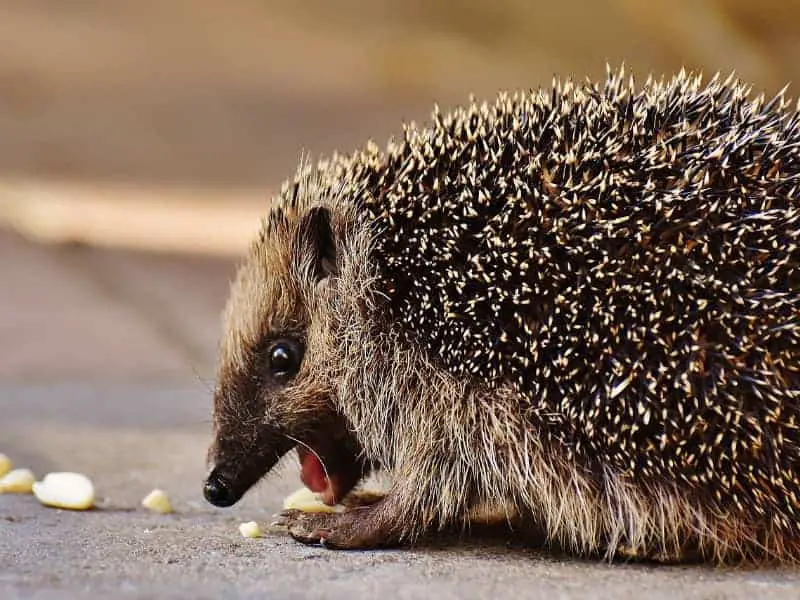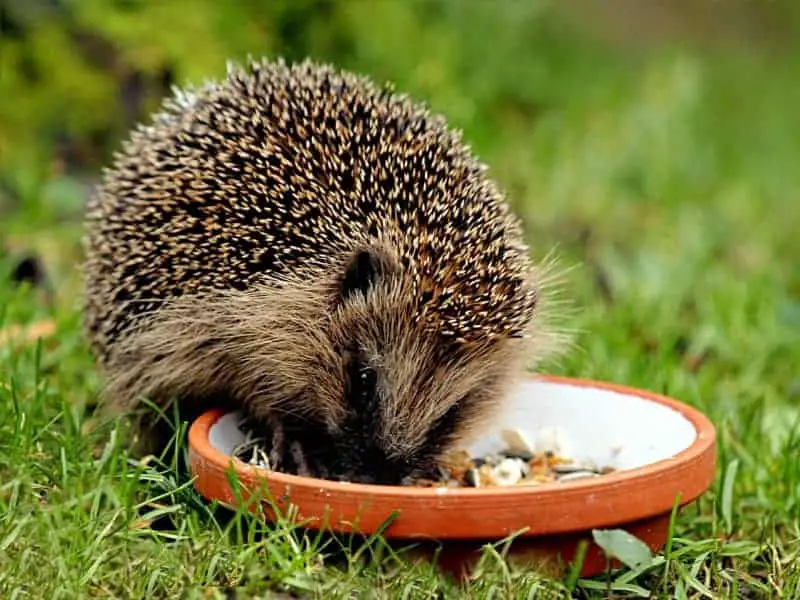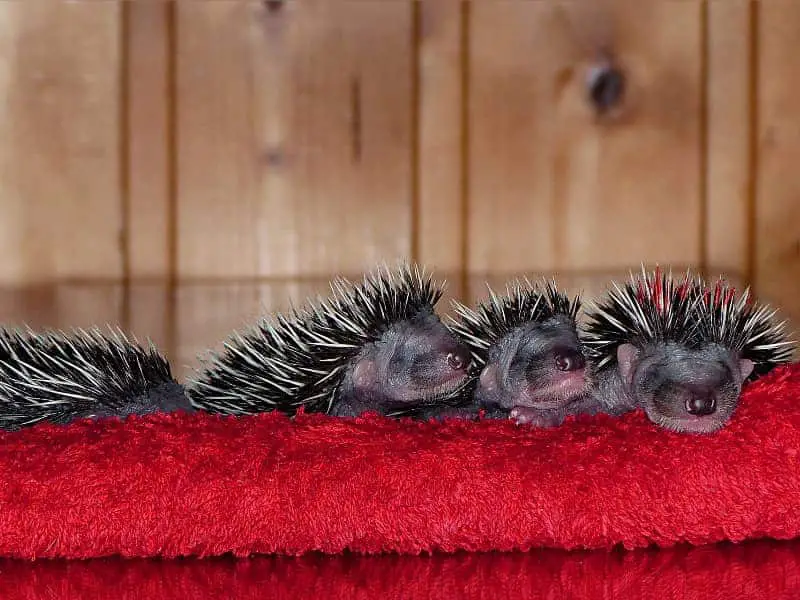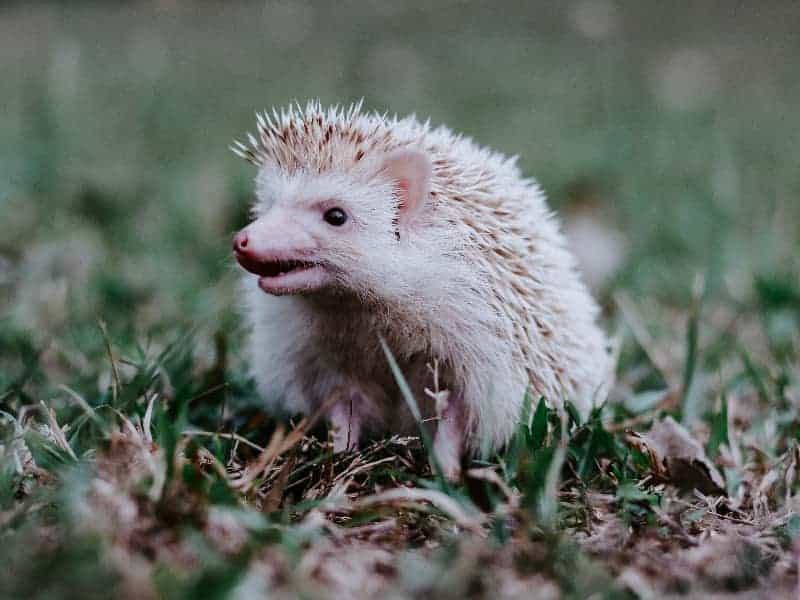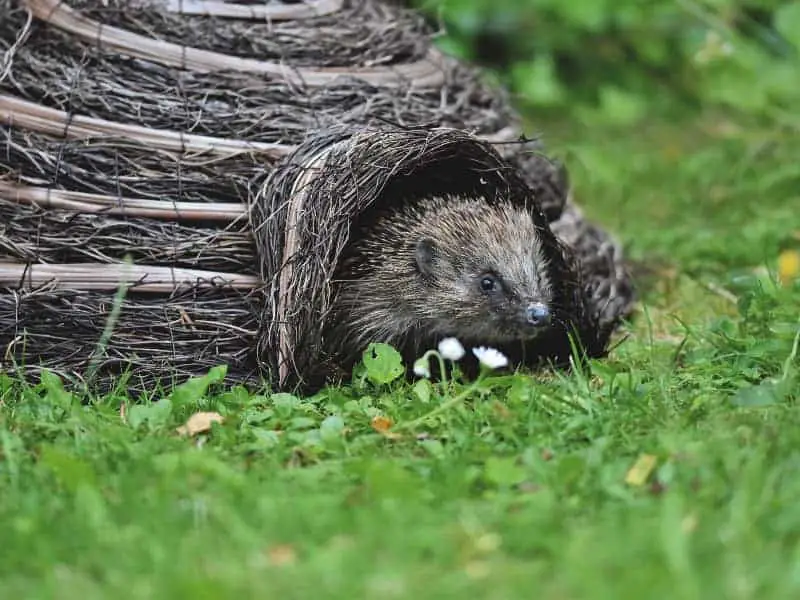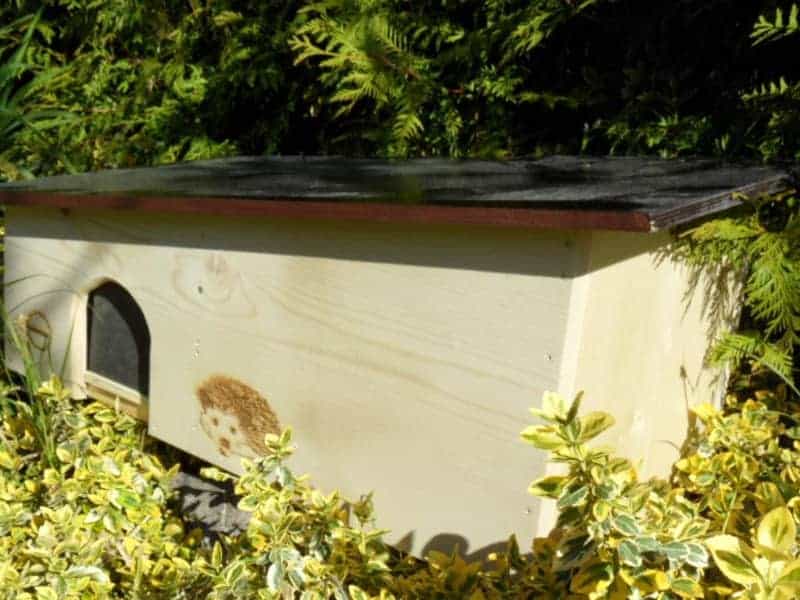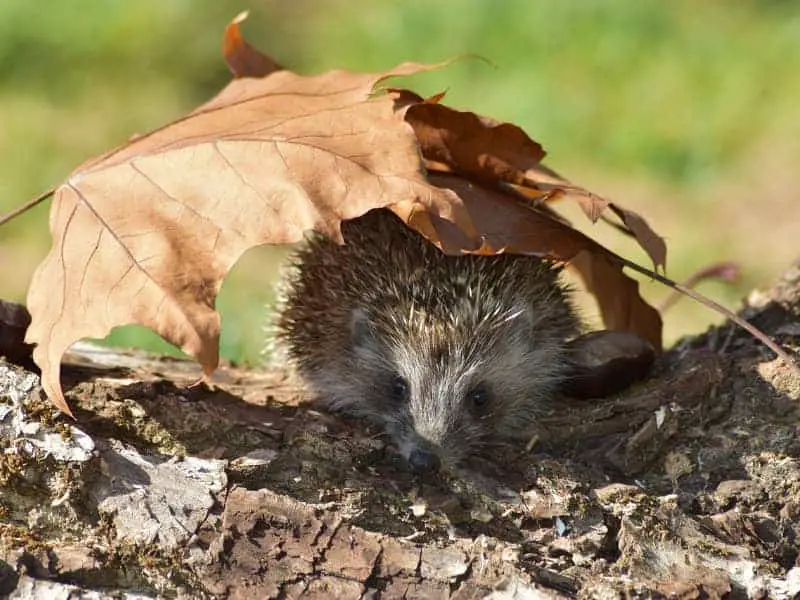
Are hedgehog parasites dangerous for humans?
You want to help a hedgehog, but ask yourself whether hedgehog parasites are dangerous to humans. Even if a hedgehog appears perfectly healthy, it may have parasites or other pathogens that are transmissible to humans.
How can you protect yourself from hedgehog parasites?
Even after a short contact with the hedgehog, you should thoroughly wax your hands, so that dangerous hedgehog parasites are not transmitted. For washing, use warm water and soap. If possible you should disinfect your hands afterwards. By the way, you should never touch a hedgehog without gloves. These serve not only to protect you from the spines, but also from pathogens which can enter your body through the smallest wounds.
Infection risk due to corynebacteria
Corynebacterium ulcerans is a representative of the pseudotuberculosis pathogen. This pathogen was first described in the 1950s as a diphtheria pathogen in humans. In recent years, this pathogen has been increasingly isolated in wildlife, dogs, and cats. The bacteria cause a diphtheria-like illness in humans. In western industrialized countries, this pathogen is a major cause of diphtheria-like illness. In Germany, there are up to 19 cases per year.
You can protect yourself against it by getting vaccinated against diphtheria regularly.
What other pathogens are found in hedgehogs?
When caring for a sick hedgehog, there is a risk that disease-causing microorganisms can be transmitted to humans. These include salmonella, leptospires, listeria, and chlamydia, as well as various multi-resistant bacteria (methicillin-resistant Staphylococcus aureus / MRSA). The hedgehog can also transmit disease-causing viruses and unicellular parasites such as giardia and cryptosporidia. Occasionally, skin fungi may also occur.
What external parasites does the hedgehog have?
External parasites (endo-ectoparasites) include:
- Fleas
- Ticks
- Fly eggs
- Maggots
- Mites
What are the internal parasites of the hedgehog?
Internal parasites include:
- Lungworms
- Lung hair and intestinal hair worms
- Tapeworms
- Intestinal Sucker Worm (Brachylaemus)
- Coccidia
Author

-
Garden animal - A life with nature
Welcome to my animal blog! My name is Dirk and I am happy to take you on my journey through the fascinating world of animals and gardening.
Born 54 years ago, I have had an insatiable curiosity for the animal world around me since childhood. Although I have moved professionally in other industries, my true passion has always been animals and nature. It is remarkable how a small garden has become such an important part of my life.
Many of my fondest memories are associated with the animals that share our home. Whether it's the curious squirrels that scurry across the trees in the morning, the colorful variety of birds that visit our feeders, or the busy bees and butterflies that pollinate our flowers, every moment with them is invaluable to me.
This blog is my contribution to share my experiences, discoveries and insights with like-minded people. Here I will share stories of unforgettable encounters with animals, give tips on gardening and creating wildlife-friendly habitats, and take you on my journeys through nature.
Thank you so much for being here!
Cordial,
Dirk aka garden animal
Last posts
- 27. February 2024PetsVeganes Hundefutter – Grün und Gesund?
- 18. January 2024ChickensOregano für Hühner
- November 27, 2023HamsterDiurnal hamsters
- November 24, 2023HamsterHamster hammock

